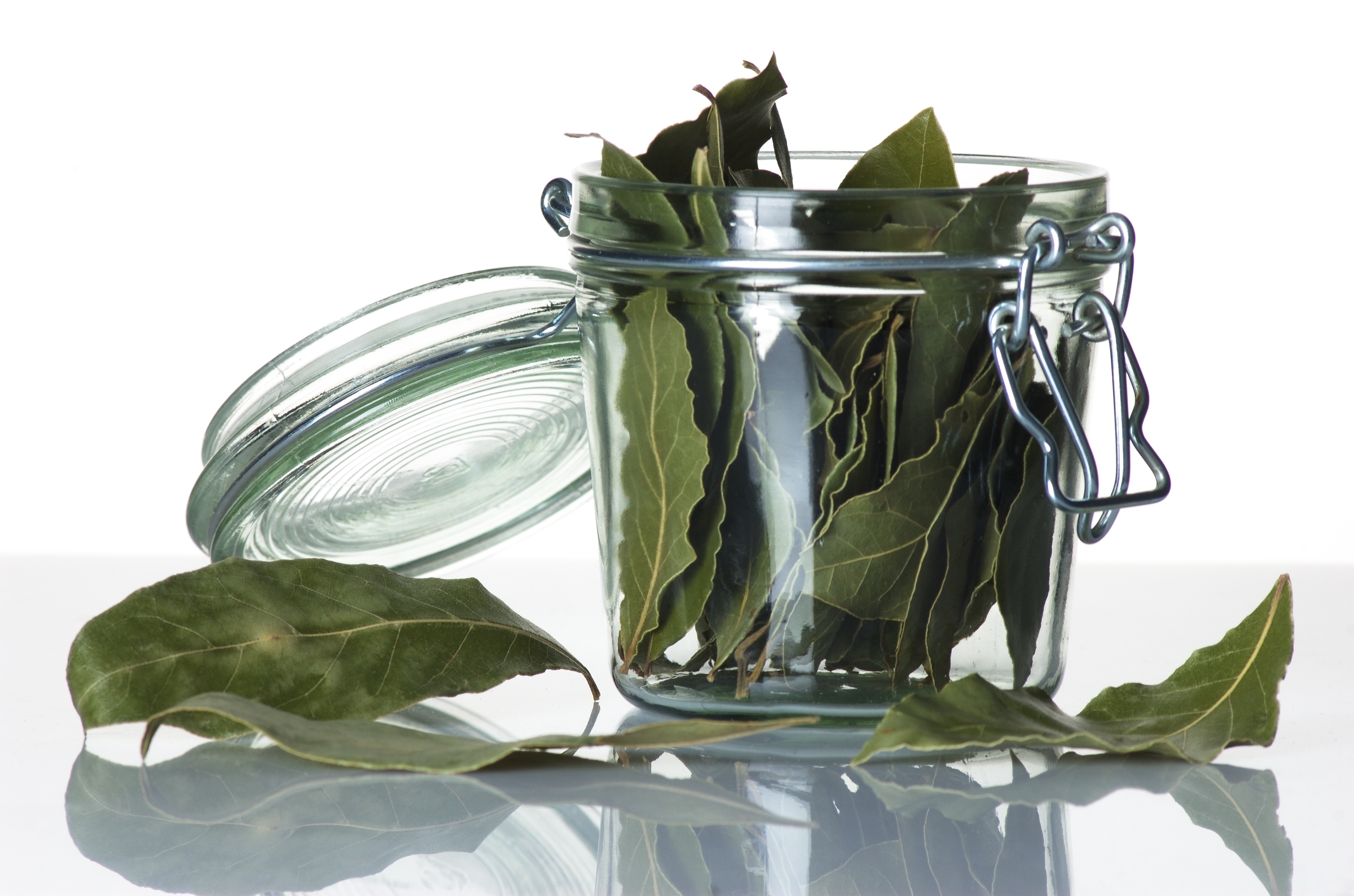
One of the biggest trends in the garden world involves growing your own food, for the benefits of freshness and safety. Your efforts can also cut your grocery costs. But of course, with every new undertaking there is a learning curve. You might already know the basics of storing the fruits and vegetables, but what about storing your homegrown herbs? For most, this is brand new territory.
During the growing season, the easiest answer for storing homegrown herbs that are leafy (like basil and rosemary) is to simply leave them in the garden. You can snip off only as many leaves as you need, cutting down on waste. Once the growing season is coming to an end, though, you will want to harvest all of your basil and store it for later use.
If you want to keep fresh cool-weather herbs in the refrigerator, just snip them near the bottom of the stems, and place them in a jar about one-quarter full of water. Covering them loosely with a plastic bag can preserve them a bit longer. Use this method for soft-stemmed, leafy herbs like parsley, cilantro, dill, chives, and mint. Your herbs will last about one week this way, so you will need another method if you are looking for long-term storage.
Warm weather herbs with woody, coarse stems (rosemary, thyme, sage, and savory) come from arid/dry climates. You don’t want to dunk these in water. Instead, wrap your cuttings in a paper towel and stash them in a plastic bag. They will last about a week in the refrigerator.
Basil is the exception to both of these rules. If you place it in the refrigerator, it will wilt quickly. Instead, keep your clippings in a jar, with a bit of water in the bottom, in a sunny window. This is a plant that can be grown in a sunny kitchen window in any season if you use it often enough.
As for long-term storage, dehydrating your herbs is the old, tried-and-true method. Unfortunately, they won’t retain quite as much flavor this way. Another option is to freeze the leaves. Some cooks swear by freezing them in ice cubes with olive oil or water, which can then be dropped into soups and stews for instant, fresh-cut flavor.
Finally, infusing your herbs into butters, oils, and vinegars can help you create some unique homemade garnishes for dishes. You might want to research recipes online, or simply experiment to see what you can create. Send us a quick email if you find a great solution or recipe that you’d like to share!
If you’re ready to start a home herb garden, come visit our nursery. We can help you choose the plants that work best for your garden space and cooking needs!


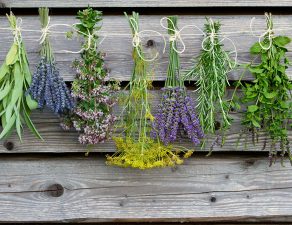
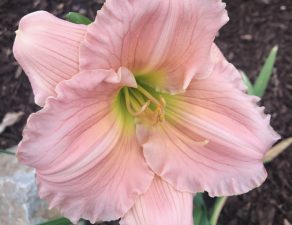



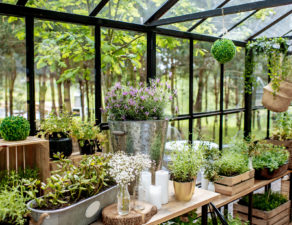
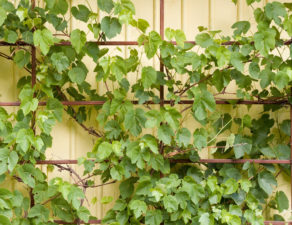
Write a comment: